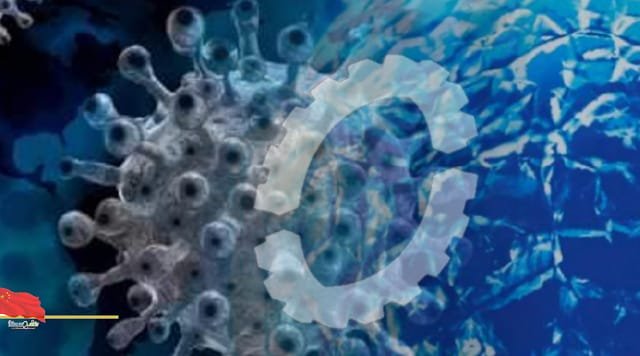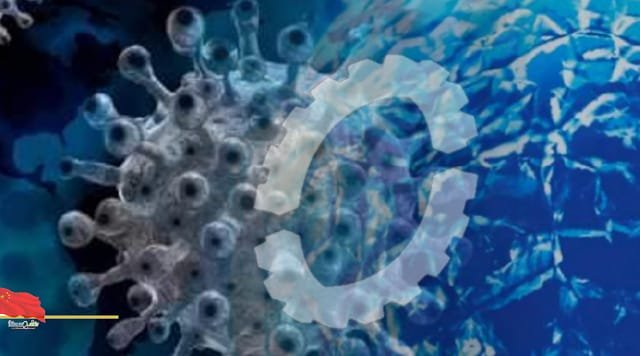A Chinese-led team of international researchers has identified a Molecular pathway COVID-19 cases hat intensifies the severity of critical COVID-19 cases, offering clues to potential treatment. the journal Science Signaling showed that the fusion of coronavirus-infected lung cells may exacerbate inflammatory responses, thus triggering immune signaling cascades in the lungs, which are a major driver of lung damage in patients with severe disease.

Scientists from the Chinese Academy of Medical Sciences and Peking Union Medical College and their collaborators analyzed postmortem patient samples. They found the correlation between critical COVID-19 cases and the fusion of lung epithelial cells called pneumocytes, which has also been observed in macaques and cultured cells infected with the virus.
Then, they examined human embryonic kidney cells that either expressed the spike protein of SARS-CoV-2 that causes COVID-19 or were infected with vesicular stomatitis virus carrying the spike protein.
The kidney cells ended up fusing and formed new cells with multiple nuclei and tiny micronuclei, which triggered a DNA sensor in the cell liquids, and the sensor in turn recruited a protein that activates the expression of genes encoding type I interferons
Scientists have discovered microplastics in human blood for the first time, warning that the ubiquitous particles could also be making their way into organs.
The tiny pieces of mostly invisible plastic have already been found almost everywhere else on Earth, from the deepest oceans to the highest mountains as well as in the air, soil and food chain.
A Dutch study published in the Environment International journal examined blood samples from 22 anonymous, healthy volunteers and found microplastics in nearly 80 percent of them.
Half of the blood samples showed traces of PET plastic, widely used to make drink bottles, while more than a third had polystyrene, used for disposable food containers and many other products.
“Our data suggest a mechanism by which fused pneumocytes in the lungs of patients with COVID-19 may enhance the production of interferons and other cytokines, thus exacerbating disease severity,” said Liu Xiaoman, the paper’s co-first author.
Source: This news is origanlly publisehd by news.cgtn
